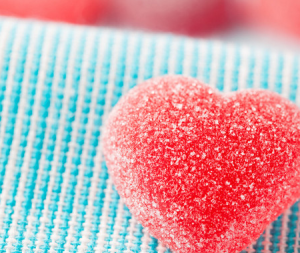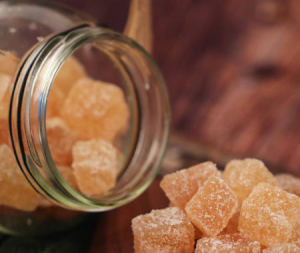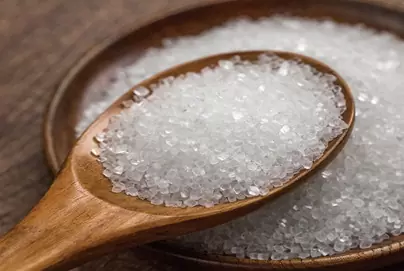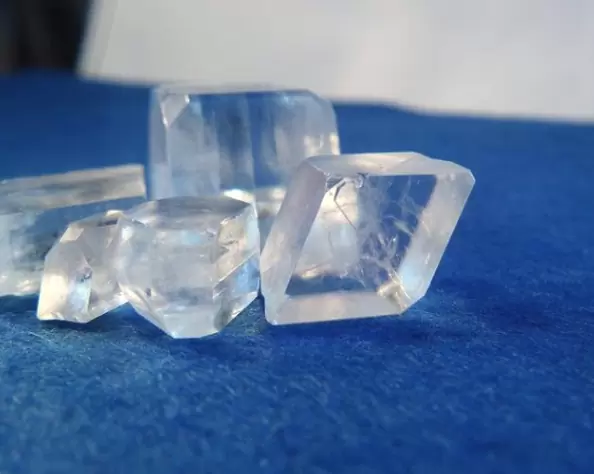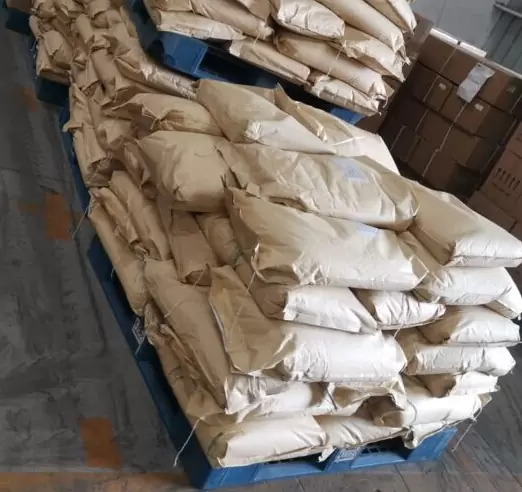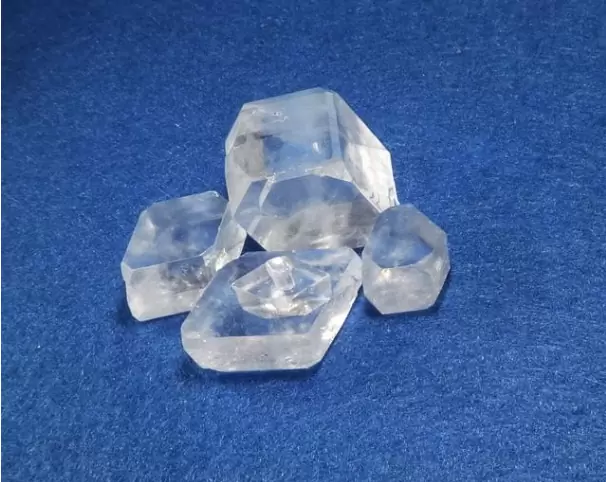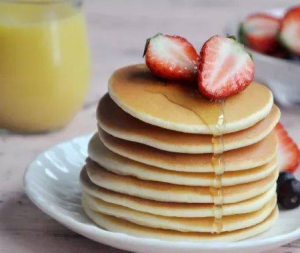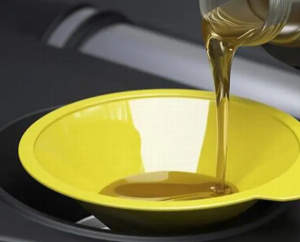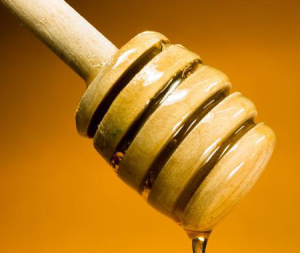Sodium saccharin is the solid form of the artificial sweetener saccharin. Saccharin is non-nutritive and is used to add sweetness to beverages and foods without the calories or detrimental effects of consuming sugar. Using artificial sweeteners can help you reduce your consumption of sugar. High sugar consumption is common and can contribute to a wide range of health concerns including Type 2 diabetes, obesity and cardiovascular disease.
Benefits
Substituting saccharin, or another sugar substitute, for table sugar, or sucrose, can help aid in weight loss and long-term weight control, reduce the incidence of dental cavities and be an important factor in the management of Type 1 and Type 2 diabetes. Saccharin is typically used to sweeten beverages rather than in baked goods or other foods. It is several hundred times sweeter than table sugar and contains no calories.
Acceptable Daily Intake
The U.S. Food and Drug Administration has established an acceptable daily intake, ADI, of saccharin of 5 milligrams per kilogram of body mass. This is equivalent to approximately nine packets of sweetener. The ADI is established to be 100 times lower than the lowest dose that has been demonstrated to have adverse effects in lab animals.
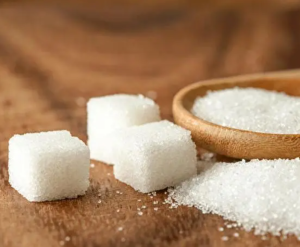

Safety
Research studies in the 1970s linked a diet very high in saccharin to an increased incidence of bladder cancer in lab rats. However, further studies have suggested that the mechanism is unique to lab rats; It has not been shown to occur in humans. Several decades of population studies in the U.S. and abroad have failed to show any adverse health effects of saccharin. However, saccharin is not a panacea for weight loss or the treatment of diabetes. It is important to use artificial sweeteners as part of an overall health lifestyle under the guidance of a trained health professional.
Alternatives
Each sugar substitute has a distinct taste. Your choice will depend mainly on your taste preference. Sugar substitutes may also be combined to produce a taste that is more palatable. Other sugar substitutes approved for use in the U.S. include aspartame, acesulfame K, sucralose, highly refined extract of the stevia leaf, and rebiana. You may also choose to use sugar alcohols or other sweeteners such as honey or agave nectar, as they contain fewer calories than sucrose.
